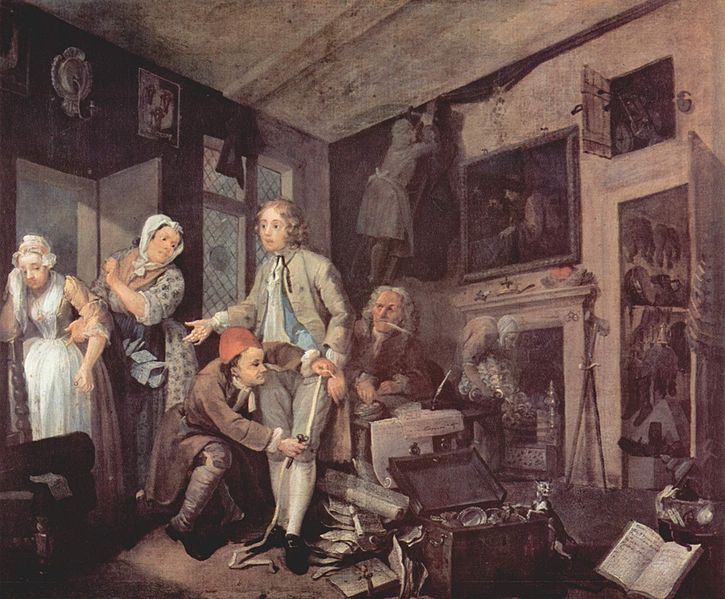This Westminster saga might feel like the Big Brother series from hell, thankfully without Davina McCall, but the MPs' expenses scandal is still rumbling on. On July 1st 2009, MPs will be forced to reveal all their various other "interests", this means that any MP with a second (and in many cases third and fourth) job must openly publicize their incomes and hours worked away from Parliament.
Apparently this is to create an atmosphere of transparency and openness in Parliament. However the only logical consequence is the exposing of more revelations concerning MPs lack of dedication to their constituency.
For instance, sixteen of the twenty-two frontbench Conservative MPs have second jobs; these range from non executive directorships at big financial institutions, such as Oliver Letwin at NM Rothschild, to writing newspaper columns like William Hague. In total the Shadow Cabinet consists of twenty-six members who currently hold one hundred and fifteen directorships (yes that is right: 115) between them.
Obviously is not just confined to the Tory Frontbench, it is endemic across all parties, but as an example it illustrates the point perfectly.
How can this beneficial to the country and their constituency? As a shadow cabinet their main purpose is to scrutinize the policy and actions of the incumbent government, rather than feathering their own nests. There have been many occasions that the current Tory Frontbench have failed to hold the government to account recently, and it has fallen to the Lib Dems and the press to expose government policy.
This point is illustrated by a previous blog post; The Rise and Fall of the Career Politician.
Christopher Kelly is currently investigating all aspects of MPs' expenses and outside interests, as part of the Committee on Standards in Public Life. Hopefully, this will draw the only logical conclusion possible; that it is a conflict of interests for a current Member of Parliament to hold any permanent position outside Westminster. Furthermore, if any MPs wish to continue working in the private sector, then they would be forced to step down as an MP.
There are some obvious comparisons between the House of Commons and Big Brother, but at least in Big Brother it is possible to vote out certain housemates. However, it is doubtful that many MPs would be shown their "best bits"...
Subscribe to:
Post Comments (Atom)




No comments:
Post a Comment